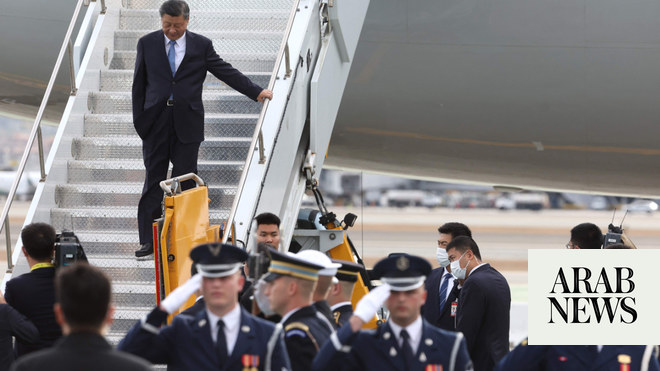
President Xi Jinping has pegged China as the pivot point for global free trade, vowing to keep his “super-sized” economy open and warning against protectionism in a global economy eviscerated by the Covid-19 pandemic.
Buoyed by the signing of the world’s largest trade pact over the weekend, Xi said the Asia-Pacific is the “forerunner driving global growth” in a world hit by “multiple challenges”, including coronavirus.
He vowed “openness” to trade and rejected any possibility of the “decoupling” of China’s economy – in his only comments nodding to the hostile trade policy of Donald Trump’s US administration, which has battered China with tariffs and tech restrictions.
The Asia-Pacific Economic Cooperation (Apec) forum, at which Xi delivered his comments, was held online this year because of the coronavirus pandemic. It brings together 21 Pacific rim countries including the world’s two biggest economies of China and the US, accounting for about 60% of global GDP.
It was not immediately clear if Trump, wounded by his election loss to Joe Biden, would take part in the summit or send a high level delegate in his place.
In a speech that veered into triumphalism about China’s economic “resilience and vitality” in coming back from the virus, Xi warned countries who insist on trade barriers will suffer self-inflicted wounds.
“Openness enables a country to move forward while seclusion holds it back,” he said.
“China will actively cooperate with all countries, regions and enterprises that want to do so. We will continue to hold high the banner of openness and co-operation,” Xi said.
Xi’s words may raise eyebrows in capitals where China has either restricted trade, imposed sudden blocks or used its giant economy as a bargaining chip in wider geopolitical plays.
In the Apec region, Australian exports, including beef, wine and barley, have been disrupted to their largest market in China, amid diplomatic rumblings over investigations into the origins of the pandemic and allegations over spying.
The Apec gathering takes place a week after China and 14 other Asia-Pacific countries signed the world’s largest free-trade deal.
The Regional Comprehensive Economic Partnership (RCEP), which excludes the US, is viewed as a major coup for China and further evidence that Beijing is setting the agenda for global commerce as Washington retreats.
RCEP’s rival was the Trans-Pacific Partnership – championed by former Barack Obama – but Trump pulled out of it and the pact has been replaced by a watered-down alternative that the United States has not joined.












